
XClarity Systems Management
Enhance Lenovo infrastructure with tools for increased efficiency and availability, all while cutting costs. Offering advanced systems management tools to enhance your Lenovo infrastructure's efficiency. Our solutions adapt to your dynamic IT needs, optimizing operations, resources, and performance.
Enhance administrator efficiency by streamlining infrastructure tasks, such as automating hardware delivery and maintenance processes.
By seamlessly integrating with a wide range of external IT applications, you can effectively manage Lenovo infrastructure within your existing software tools' console, ensuring a cohesive and efficient workflow for your IT operations.
Benefits


Management Software
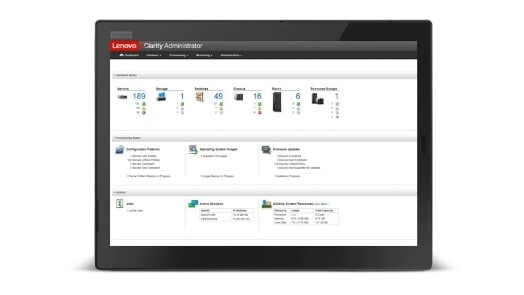
Lenovo XClarity Administrator
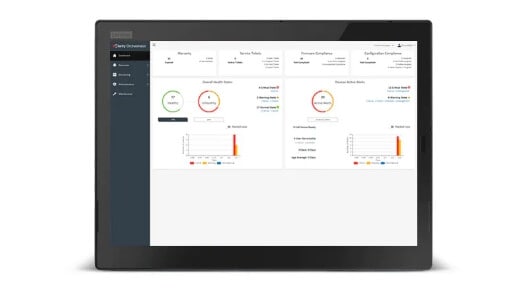
Lenovo XClarity Orchestrator
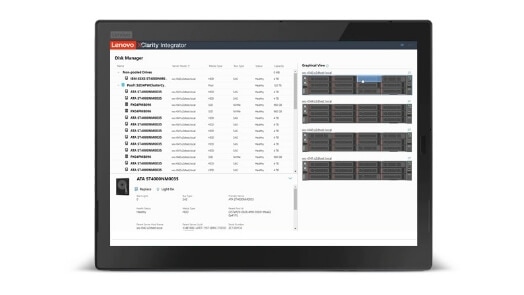
Lenovo XClarity Integrator
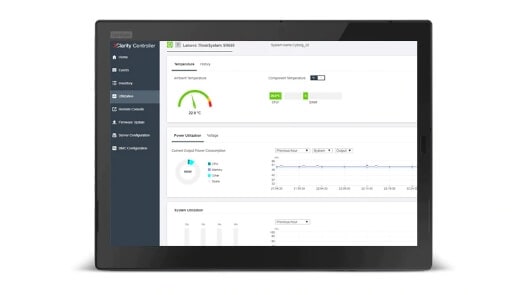
Lenovo XClarity Controller
Other Management Products
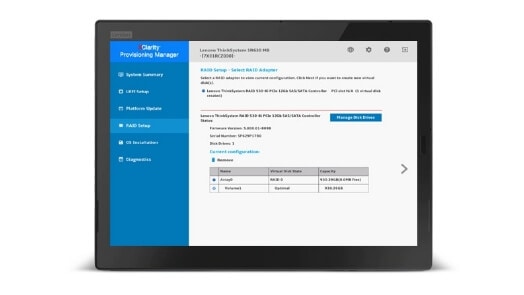
Lenovo XClarity Provisioning Manager
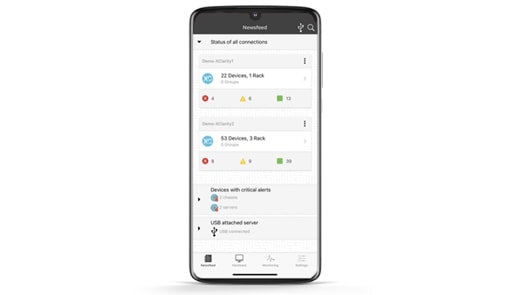
Lenovo XClarity Administrator Mobile App
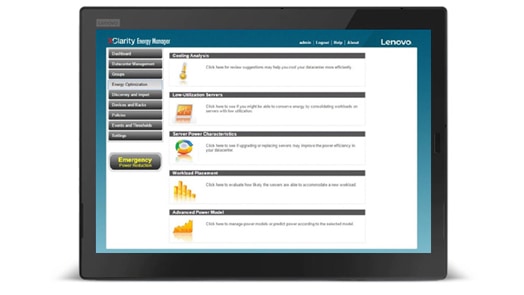
Lenovo XClarity Energy Manager
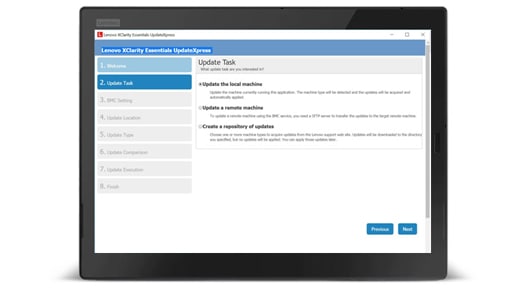
Lenovo XClarity Essentials
More Products & Solutions

XClarity One

Software-Defined Infrastructure

Solutions
Resources

XClarity Administrator Product Guide
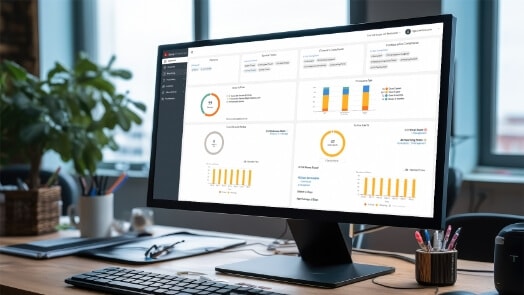
XClarity Orchestrator Product Guide
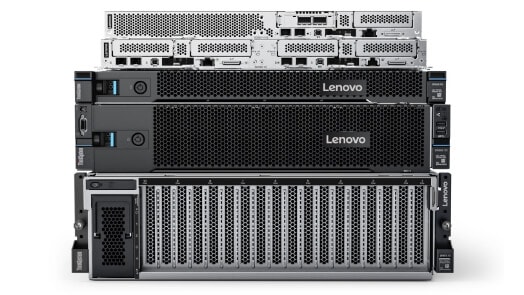
XClarity Controller 2 Product Guide
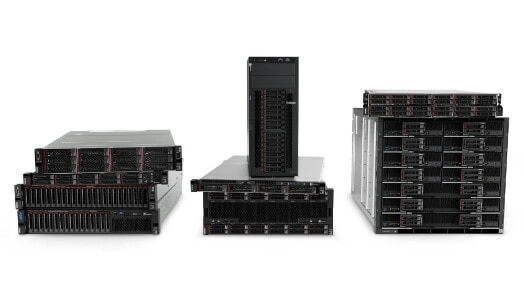
XClarity Controller Product Guide
Services
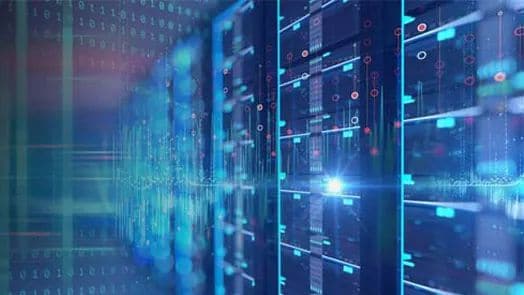
TruScale Infrastructure Services

Professional Services

Support Services

Managed Services
Get started
Fill out this form, and a Lenovo representative will get you started.
What is System Management software?
System Management software is a type of computer program that is designed to help businesses and other organizations manage their information systems. This can include everything from databases and networks to security systems and software applications. System Management software can help organizations keep track of their data, ensure that their systems are running smoothly, and troubleshoot any problems that may arise. It typically includes a variety of features, such as system monitoring, event logging, and automation. It can also provide tools for managing system configurations, user accounts, and security settings. In addition, this type of software can also help organizations plan for future growth and development. As businesses and other organizations continue to increasingly rely on information technology, System Management software will likely become even more essential.
What is the purpose of system software?
System software is a type of computer program that is designed to run a computer's hardware and applications. The purpose of system software is to manage the resources of the system, such as memory, processors, and I/O devices, and to provide a platform for application software to run on. System software typically includes an operating system, which manages the hardware and provides a user interface, as well as a set of utilities for maintaining the system. In addition, system software may provide other services, such as security or network management. By performing these functions, system software plays an essential role in ensuring that a computer system runs smoothly and efficiently.
How Lenovo’s System Management software does help in infrastructure deployment?
Lenovo's System Management software is designed to help you improve the efficiency of your infrastructure deployment. The software can help you reduce costs and enhance the availability of your infrastructure by automating the provisioning and management of your server environment. In addition, the software provides a unified view of your server environment, making it easier to identify and resolve problems. The software is also designed to work with other Lenovo products, to provide an integrated solution for managing your infrastructure. In addition, the software supports integration with third-party management solutions, making it easy to add Lenovo servers to an existing infrastructure. By simplifying the process of deploying and managing an IT infrastructure, Lenovo's System Management software can help you improve efficiency and reduce costs.
What are the main functions of system software?
System software is a type of computer software that manages and controls the overall functioning of the computer system. It provides an interface between the user and the hardware, and also facilitates communication between different application programs. Some of the key functions of system software include booting up the computer, running operating systems, managing memory and resources, providing security features, and enabling communication between different devices and applications. System software is typically installed on a computer during its manufacturing process, but it can also be updated or repaired by using special tools or utilities. System software is a category of software that performs system-level functions on a computer system. The main functions of system software include managing hardware resources, booting the operating system, and providing essential utility programs. Other important system software functions include providing interfaces to user applications and managing security features.


What is System Management software?
System Management software is a type of computer program that is designed to help businesses and other organizations manage their information systems. This can include everything from databases and networks to security systems and software applications. System Management software can help organizations keep track of their data, ensure that their systems are running smoothly, and troubleshoot any problems that may arise. It typically includes a variety of features, such as system monitoring, event logging, and automation. It can also provide tools for managing system configurations, user accounts, and security settings. In addition, this type of software can also help organizations plan for future growth and development. As businesses and other organizations continue to increasingly rely on information technology, System Management software will likely become even more essential.
What is the purpose of system software?
System software is a type of computer program that is designed to run a computer's hardware and applications. The purpose of system software is to manage the resources of the system, such as memory, processors, and I/O devices, and to provide a platform for application software to run on. System software typically includes an operating system, which manages the hardware and provides a user interface, as well as a set of utilities for maintaining the system. In addition, system software may provide other services, such as security or network management. By performing these functions, system software plays an essential role in ensuring that a computer system runs smoothly and efficiently.
How Lenovo’s System Management software does help in infrastructure deployment?
Lenovo's System Management software is designed to help you improve the efficiency of your infrastructure deployment. The software can help you reduce costs and enhance the availability of your infrastructure by automating the provisioning and management of your server environment. In addition, the software provides a unified view of your server environment, making it easier to identify and resolve problems. The software is also designed to work with other Lenovo products, to provide an integrated solution for managing your infrastructure. In addition, the software supports integration with third-party management solutions, making it easy to add Lenovo servers to an existing infrastructure. By simplifying the process of deploying and managing an IT infrastructure, Lenovo's System Management software can help you improve efficiency and reduce costs.
What are the main functions of system software?
System software is a type of computer software that manages and controls the overall functioning of the computer system. It provides an interface between the user and the hardware, and also facilitates communication between different application programs. Some of the key functions of system software include booting up the computer, running operating systems, managing memory and resources, providing security features, and enabling communication between different devices and applications. System software is typically installed on a computer during its manufacturing process, but it can also be updated or repaired by using special tools or utilities. System software is a category of software that performs system-level functions on a computer system. The main functions of system software include managing hardware resources, booting the operating system, and providing essential utility programs. Other important system software functions include providing interfaces to user applications and managing security features.




